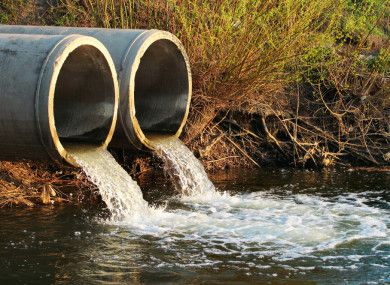Saving Environment
Jun 23, 2019 • 28 views
It has always excited us to step outside and inhale fresh air. One of the wishes of the man is to have clean water, fresh air and our habitat free of contaminators.
Just to achieve the above purpose, Environmental protection Act came in existence in 1986.
Environmental legislation is nothing but a collection of rules and regulations to assure excellent quality of air, water quality, endangered fauna and other habitat factors. It aims to coordinate the interaction between man and the natural world to reduce threats to the flora as well as fauna.
Wildlife Protection Act 1972

This act was enacted with the aim of preserving listed endangered flora and ecologically prime protected areas effectively as well as control poaching and illegal trade in moulters.

Ministry has proposed further amendments in the law by making punishment and penalty for offences more stringent.
Water ( Prevention and control of pollution) Act 1974

It has been enacted to maintain and restore the wholesomeness of water in the countries. This act prohibits discharge of contaminators and industry based pollutants into water bodies.
Further, the Water ( Prevention and Control of Pollution ) Cess Act was put into practice on 1977 to provide for the collection of cess on water consumed by persons operating on any of the manufacturing activities.
Air ( Prevention and Control of pollution ) Act 1981
This act was enacted with the intention of controlling miasma and to establish the Boards at the central and state levels to carry out the aforesaid purposes. Under this act, use of polluting fuels, as well as regulating appliances that give rise to small particles pollution are prohibited.

Air Act empowers the State government to declare any area as small particle pollution control area. SPCB ( State pollution control boards ) are expected to inspect pollution control equipments as well as manufacturing processes in industries.
Environment Protection Act 1986
This act establishes the frame work for planning and implementing long term requirements for safety of surrounding . It assures a system of speedy response to situations threatening our surrounding.

In case of non compliance of the Environment Act, the violator will be punishable with imprisonment up to five years or with fine up to Rs 1,00,000 or with both. Further, if the violation continues beyond a period of one year, the offender shall be punishable with imprisonment for a term which may extend to seven years.
Even, Charter of India under part IV A implements duty on every well being of India to preserve and take care of the natural habitat such as vegetations, reservoirs, waterways and fauna, and to have sympathy towards living creatures.
